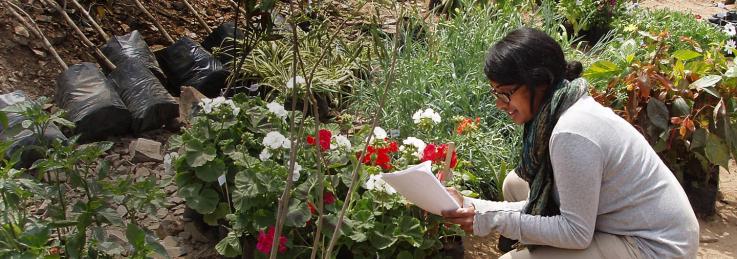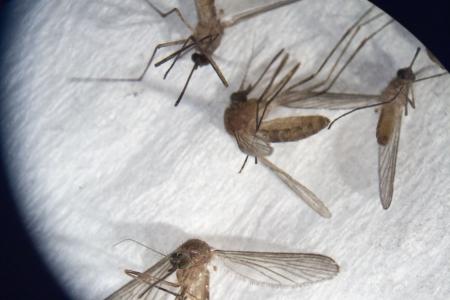U.S. News & World Report: How Safe Is Condomless Sex When Partner With HIV Takes Meds?
By Randy Dotinga
HealthDay Reporter
TUESDAY, July 12, 2016 (HealthDay News) -- HIV transmission is highly unlikely among straight couples who have sex without condoms when one partner carries the virus but takes medication, new research suggests.
For gay couples in the same scenario, the risk seems to be only slightly higher.


